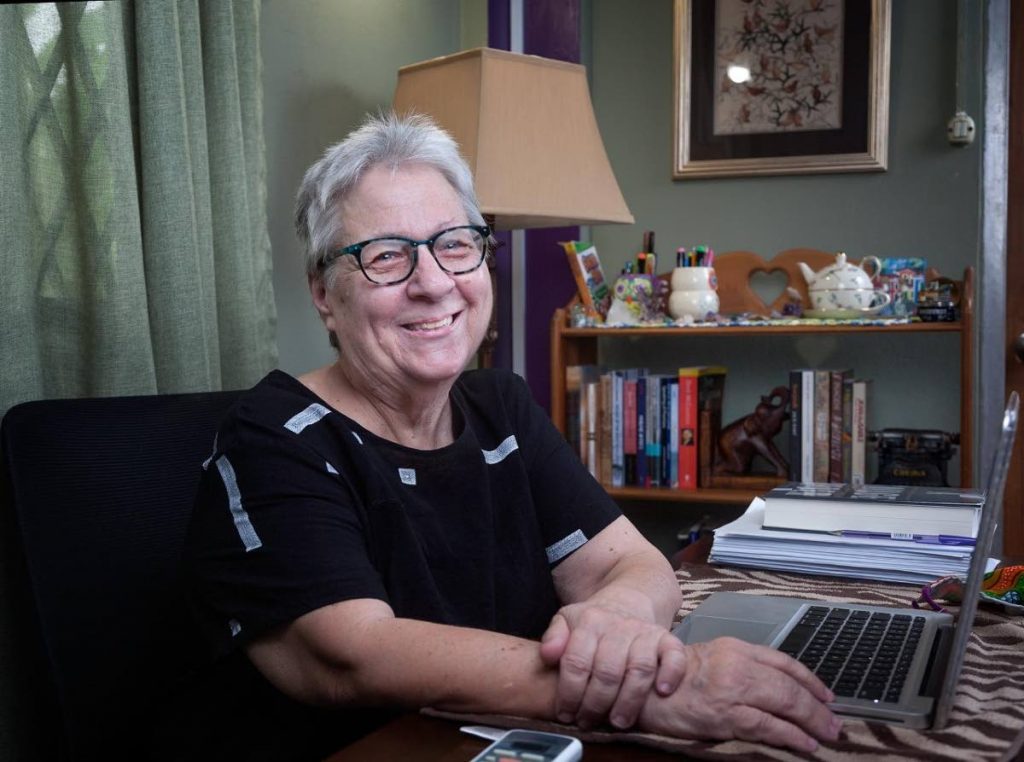Too popular for royalty

WHEN MEGHAN and Harry, the Duke and Duchess of Sussex, rocked the boat with their Oprah Winfrey interview about their life as "royals" on Sunday, March 7, one important point struck me that seemed to glide past nearly everyone. Harry brought it up in passing, and it’s an important point that transcends palace walls and affects – even taints – the world we all live in.
Buried there in Oprah’s interview, Harry mentioned his perception that the treatment of his wife became worse after their hugely successful tour of Australia and New Zealand. On more than one occasion, he said how he felt that Meghan’s popularity and her race could have been such an asset to the royal family that “rules” a Commonwealth of many different races.
Of all the comparisons people have made between Harry’s mother, Princess Diana and his wife, Meghan Markle, the most important one is that – like them or not – both women had undeniable charisma and popularity that ironically sealed their fate as royal outcasts.
It’s the point my mother always used to make when she said, “Too good is the same as too bad.”
Aside from the problems that Harry and Meghan spoke about in that interview: racism, callousness, an obsession with tradition and image, the main problem was that the “firm” – or any of the business jargon that they used to describe the royal British family – could not accommodate people who stood out as individuals. Diana and Meghan didn’t fit into the business of being royal because on some level they were too popular.
Standing out from the group is a problem that permeates society as a whole and prevents workplaces from thriving. We have all been in work environments where the most creative, most popular, most charismatic person is marginalised. In the real world, workplaces are filled with unhappy people who either learn to play the game and accept their fate – as Harry said his brother and father had – or they rebel, stand up for themselves and leave the toxic environment to try their luck in another workplace. To recognise there is a state of misery in fighting a situation where you can never win, never be happy and never make any real changes is important.
Mediocrity often rules in this world. In that interview, we learned that a palace is no different from most other business places. Imagine Diana the young, naive, unwanted wife of the future king Charles outshining her husband or a half-black American woman garnering more attention than the future king William’s wife.
It’s amazing that we had hope and didn’t see how Megan Markle would be treated. Interesting enough when Gayle King of CBS Morning news interviewed her friend Oprah the morning after Oprah's interview, Oprah said Meghan had confided in her before the wedding that she was told something to the effect that she would be better off being half of her personality. Oprah asked, "How are you going to survive being half of yourself?"
There is a track that everyone is supposed to follow whether working in a palace or any other place. When someone rises above the mediocrity of the group, that individual forces people out of their comfort zone.
We don’t want to believe that because we want to believe that society values creativity and charisma in all workplaces. These qualities should be assets, but they often doom individuals to isolation.
We wanted to believe in princesses.We wanted to believe that women like Diana and Meghan had a chance in their “firm,” but they never did.
In the end, we are left with the realisation that dynamic, smart, personable women like Diana or Meghan will never survive in the reality of royalty, and they represent so many women in the workplace.
If you doubt me, think about how many jobs you have had where the least capable, least personable and least talented people climbed to the top and spent all of their time squashing the creativity, individuality and happiness of people they should be inspiring to reach greater heights.
It’s difficult, if not impossible, in most workplaces to truly be an individual who can shine let alone outshine those around you. We want to believe in fairy tales and princesses and places where we can all feel like we have the keys to the kingdom, but in reality, the insecure and untalented individuals who rely on brute force to survive thrive on squashing those who threaten their mediocrity or inferiority.
Say what you want about Meghan Markle, but she found a way out of a toxic work environment that most people just settle for in their work lives. Good for her.


Comments
"Too popular for royalty"